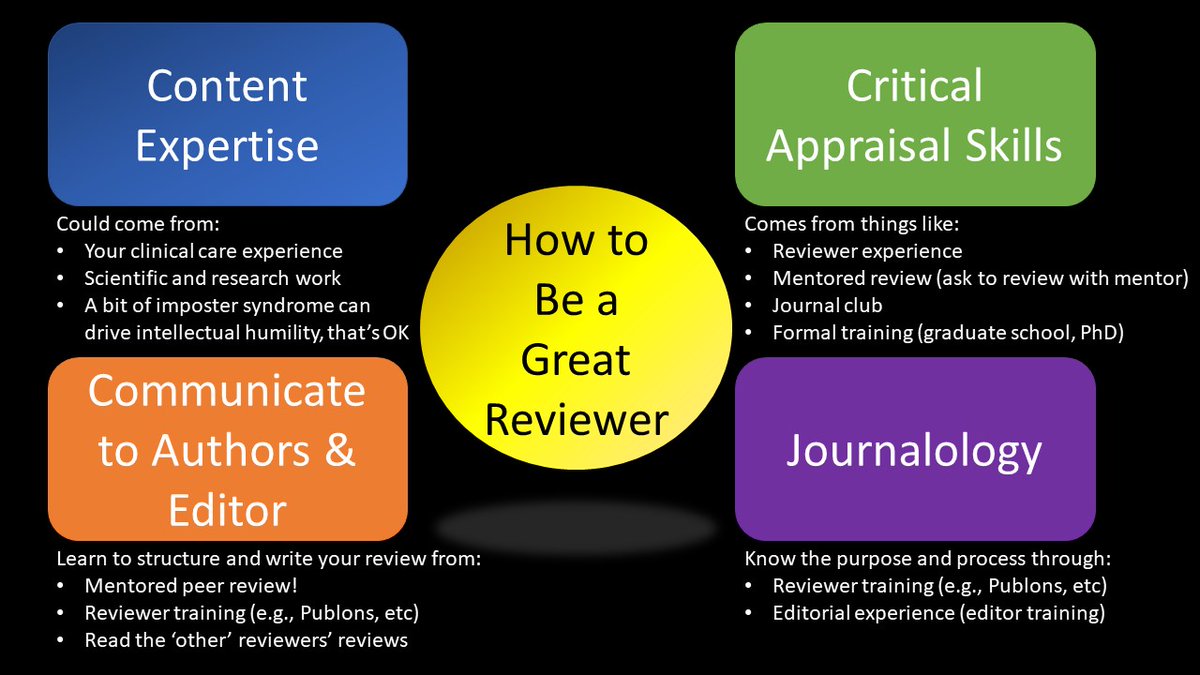
New #NeurologyEd pub from @doctordobro_ & colleagues @BostonChildrens on #NDD titled "Predictors of Resident Physician Comfort With Individuals With Intellectual and Developmental Disabilities (IDD)"
See key take aways in 🧵👇
ne.neurology.org/content/2/1/e2…
See key take aways in 🧵👇
ne.neurology.org/content/2/1/e2…
#2-Background:
➡️All residents will take care of patients with IDD
➡️Given improvements in treating pediatric patients with neurological disorders both child & adult neurologists need to be competent to care for pts with #NDD
See 👉Clinical primer on IDD ncbi.nlm.nih.gov/pmc/articles/P…
➡️All residents will take care of patients with IDD
➡️Given improvements in treating pediatric patients with neurological disorders both child & adult neurologists need to be competent to care for pts with #NDD
See 👉Clinical primer on IDD ncbi.nlm.nih.gov/pmc/articles/P…
#3-Education Research Question/Objective:
To describe resident physicians' education, experiences, and comfort levels caring for individuals with IDD and to identify predictors of higher comfort levels
To describe resident physicians' education, experiences, and comfort levels caring for individuals with IDD and to identify predictors of higher comfort levels
#4-Key Findings:
Cross-sectional study of 483 residents
96% had treated pt with IDD
Only 25% had received formal training
On average residents reported "little comfort" in caring for pts with IDD
Most common barrier was knowledge of available support staff to navigate resources
Cross-sectional study of 483 residents
96% had treated pt with IDD
Only 25% had received formal training
On average residents reported "little comfort" in caring for pts with IDD
Most common barrier was knowledge of available support staff to navigate resources

#5-Key Findings:
Prior exposure with patients with IDD predicted higher confidence caring for IDD including:
➡️Treating inpatient with IDD (reported by 76%)
➡️Treating outpatient with IDD (39%)
➡️Member of organization serving people with IDD (26%)
➡️Family member with IDD (17%)
Prior exposure with patients with IDD predicted higher confidence caring for IDD including:
➡️Treating inpatient with IDD (reported by 76%)
➡️Treating outpatient with IDD (39%)
➡️Member of organization serving people with IDD (26%)
➡️Family member with IDD (17%)

#6-Author Conclusions:
These findings support "contact theory, which proposes that increasing interactions with “dissimilar” people can lead to decreased
negative attitudes toward that population"
The relationship between contact and attitudes: sciencedirect.com/science/articl…
These findings support "contact theory, which proposes that increasing interactions with “dissimilar” people can lead to decreased
negative attitudes toward that population"
The relationship between contact and attitudes: sciencedirect.com/science/articl…
#7-Take Home:
We need #MedEd studies on how to:
1⃣increase exposure to pts with IDD
2⃣standardize training in IDD for adult residents
3⃣identify support staff to help residents "navigate services for pts with IDD"
If you are a #NDD researcher, help bridge this gap.
@SMLazarMD
We need #MedEd studies on how to:
1⃣increase exposure to pts with IDD
2⃣standardize training in IDD for adult residents
3⃣identify support staff to help residents "navigate services for pts with IDD"
If you are a #NDD researcher, help bridge this gap.
@SMLazarMD
@AANmember @zach_london @yaleneuropd @ASouthStrokeDoc @RanaSaidMD @OligoclonalBand @KatherineFuMD @drdrariel @StaceyLClardy @StavrosKara @MBernsonLeung @daravfalbert @fabnascimen @jsirven @BrainHealthMD @RachelSalasMD @NMatch2023 @DrJeffRatliff
#Neurotwitter #Medtwitter
#Neurotwitter #Medtwitter
• • •
Missing some Tweet in this thread? You can try to
force a refresh






